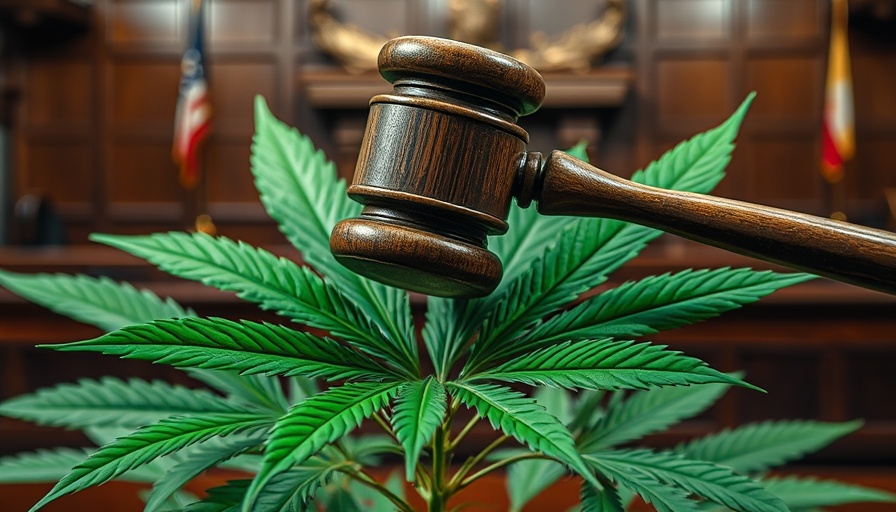
Texas Continues to Clash Over THC Legislation
In recent legislative moves, Texas is poised to take a decisive stand on hemp-derived products, specifically THC, as a bill banning THC-infused items awaits Governor Greg Abbott's signature. This legislation has stirred significant debate among Texans, presenting a complex intersection of health, safety, and individual rights.
The Legislative Landscape
The proposed bill, which aims to prohibit the sale and distribution of products containing THC, is framed as a public health measure. Proponents argue that the increasing availability of these items, often marketed under misleading labels, poses risks to consumers, especially young people. They assert that stringent regulation is essential to improve community safety and mitigate potential health hazards.
On the other hand, opponents of the ban cite personal freedoms and the potential benefits of legality for adults. They argue that the government should not interfere in personal choices regarding cannabis and that responsible consumption can be managed through regulation rather than outright prohibition. Advocates also point to the burgeoning industry surrounding hemp derivatives, suggesting that the ban could stifle economic growth as consumers move to black market sources.
Nearby States Setting Trends
As Texas debates this ban, neighboring states like Oklahoma and New Mexico have taken different approaches, embracing the legalization of various THC-infused products. Oklahoma, for example, has seen a significant influx of revenue from cannabis businesses, with multiple initiatives aiming to expand access to consumers. This contrast creates a potential 'cannabis border' situation in Texas, where consumers might travel to neighboring states for legal access.
This trend highlights the broader national conversation about cannabis legislation. As states across the nation implement more liberal policies, Texas's resistance to both medical and recreational cannabis stands out. The economic impact is significant; cannabis-related businesses are emerging as lucrative sectors in many states, raising questions about potential lost revenue in Texas.
Public Sentiment and the Vote
Polls reveal a shifting perspective among Texans on cannabis legalization. While traditionally conservative on drug issues, more recent surveys indicate an increasing number of citizens support some form of legalization, largely due to growing awareness of the potential medicinal benefits of THC and its derivatives. The 2022 polls suggested a near-even split among voters, with many favoring more access rather than outright bans.
Risks and Consequences of the Ban
The implications of this ban stretch beyond mere legislation; they echo across social and health spheres. As access to THC products becomes limited, experts warn that many consumers may turn to unregulated alternatives, which could present greater health risks than the products currently available under existing guidelines. Studies in states with legal cannabis use often highlight that regulation leads to safer production standards and transparency for consumers.
Looking Ahead: What This Means for Texas
The Texas legislature's decision will undoubtedly impact local communities, businesses, and even the state’s health landscape. If Governor Abbott approves the bill, advocates for legalization will likely regroup to push for future initiatives aimed at decriminalization, much like the movements seen in other states. This could lead to a more nuanced discussion among Texans about cannabis use, regulation, and the government's role in personal choices.
As Texas residents gear up for the potential changes, the dialogue around cannabis use is far from over. From economic debates to discussions of public health and safety, the forthcoming decisions will shape the future of both individual rights and community standards.
 Add Element
Add Element  Add Row
Add Row 



Write A Comment